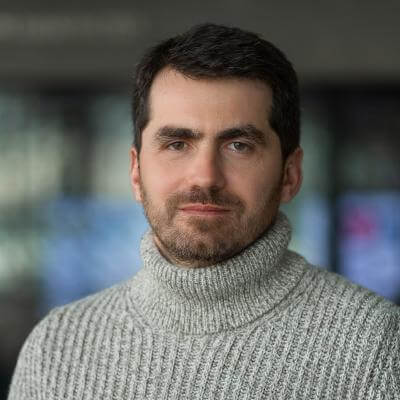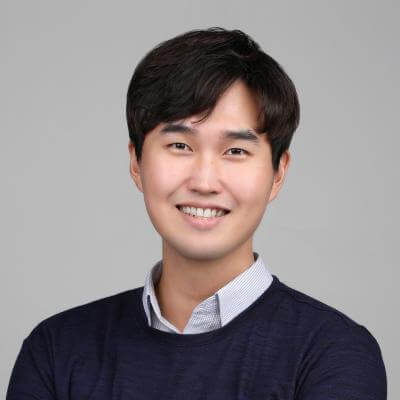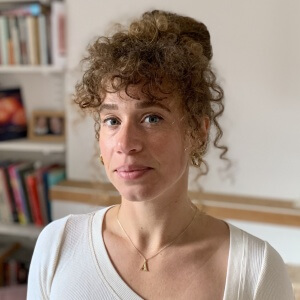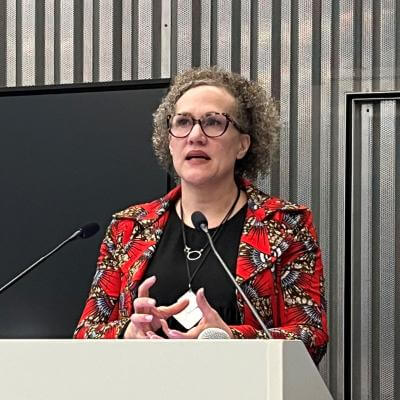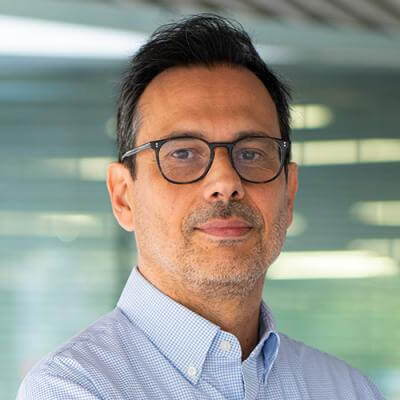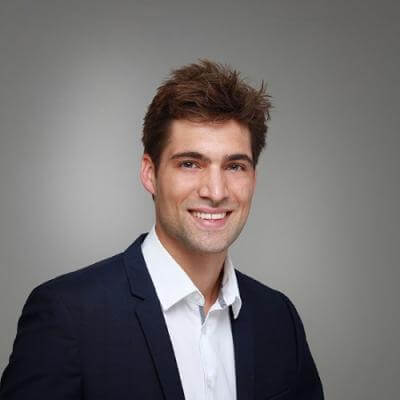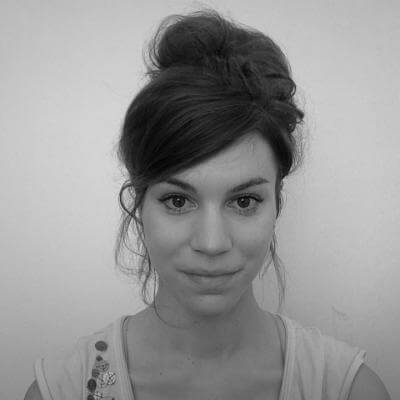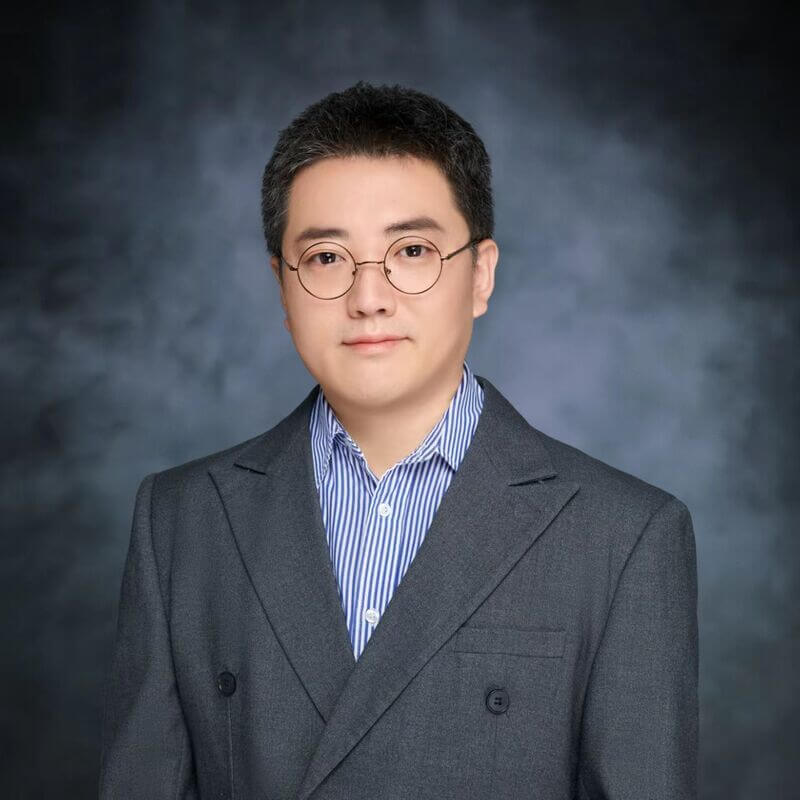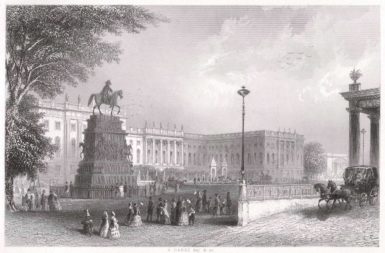Education Policies: Foundational Research beyond Agenda Setting
How do reforms travel from one country to another? Does it matter which country first adopted the reform? What explains a government’s receptiveness for reforms that circulate around the globe? Are there country-specific differences in the policy transfer process and, more specifically, is there a divide in how governments from the Global North versus governments from the Global South promote or resist, respectively, policy transfer? These are some of the research questions that preoccupy scholars of policy transfer in academic settings.
As with most other research topics, considerations of space and time constitute key analytical categories to understand policy transfer processes in public policy, including in those that relate to the education sector. Both concepts have undergone a major transformation process over the past few years.
The “spatial turn”, that is, acknowledging the transnational nature of policy-making, generated a renewed interest in navigating the complicated relation between place and space, and triggered a host of important research questions that require a comparative transnational perspective. A recurrent question is the following: Which other countries and which international organisations do governments choose as their reference points for policy decisions, including when they make a case for international comparison and lesson-drawing? Nowadays, the global is in the local, or, as Grek convincingly contends, education policy research should “move away from viewing the relationship of the national with the global as hierarchical, linear and hegemonic” (Grek 2020, p. 175). Grek’s correct assertion notwithstanding, it is important to acknowledge that policy actors at particular moments of protracted policy constellations tend to instrumentally use global actors as if they were an external, neutral and authoritative voice. Once we start reviewing the policy process from a transnational perspective, we can see that externalisation or the quasi-external stamp of approval for domestic policies has become a norm and is no longer the exception. In other words, national policy actors tend to use transnational actors – such as the EU, the OECD, the UN organisations, the World Bank but also any issue-centred international non-governmental organisation – as a quasi-external force to authorise controversial domestic reforms. There exist of course political reasons that explain the popularity of “externalisation” as a policy strategy. The act of externalisation – references to elsewhere or to international standards broadly defined – has a salutary effect on coalition building.

Similarly, the temporal dimension in comparative policy research has also experienced a remarkable journey of continuous refinement over the past few years. Nowadays, we break down the temporal dimension of policy transfer into (1) time, (2) tempo and (3) timing. In policy transfer research, the timing or, more concretely, a government’s receptiveness towards reform or the “window for change”, has been relatively well investigated. John Kingdon’s multiple streams framework (problem stream, policy stream, politics stream), for example, or any other punctuated equilibrium theory offer themselves for conceptualising timing issues. Likewise, researchers with a leaning towards diffusion of innovation studies and network theory have convincingly documented some of the factors that impact the pace or the “tempo” with which policies spread around the globe. The diffusion of a reform picks up speed with every new country adopting a global reform because “as it moves, it morphs”. Eventually it becomes deterritorialised and consequently is regarded as simultaneously nobody’s and everybody’s reform. It matters, among others, which countries were the early adopters of a reform and whether international organisations broker knowledge or lend money for the adoption of a reform. Finally, as bizarre as it may sound, from the triple differentiation of the temporal dimension, “time” has been least investigated. Important discussions are currently on the way about the lifespan of reforms, notably on how reforms change over time and why some reforms “hollow out” over time, and others do not.

There exist vast differences in how the policy process and, as a corollary, the policy transfer process operate in different political systems, and which instruments of policy-making are chosen. Unsurprisingly, the great bulk of research in policy studies investigates the process of policy-making in countries of the Global North, and is not necessarily applicable to the rest of the world. That said, there is of course a vast body of studies, or rather technical reports, that identify challenges and reform priorities in the education sector of low-income and lower middle-income countries as well as fragile and conflict-affected states. However, in most cases funded by international donor agencies, these analyses are purposed to fulfil two of the requirements for loans and grants: a data-based sector analysis and a data-based, multi-year education sector plan. Rephrased in the terminology of policy studies, these studies or technical reports are merely used for agenda setting. Unsurprisingly, the critique of agenda-driven, donor-driven and finance-incentivised policy research is as voluminous, if not larger, than the technical reports themselves.
The reasons for the scarcity of “agenda-free” policy research in the Global South (and for that matter also in the Global North) are multifaced and an object of great academic curiosity and debate. Astronger involvement of policy experts in countries of the Global South in foundational public policy research would be beneficial both for developments in their own country as well as for the field of public policy studies. Nevertheless, there is agreement that a stronger involvement of policy experts in countries of the Global South in foundational public policy research would be beneficial both for developments in their own country as well as for the field of public policy studies. For example, critical analyses of the spatial and temporal aspects of policy transfer may be useful for understanding the politics and economics of wholesale policy import in their country. Establishing graduate- and postgraduate-level study programmes in public policy studies at universities of the Global South would not only help advance but also sustain the national expertise and ownership over reform processes.
For all these reasons, briefly sketched above, the UNESCO Chair in Comparative Education Policy, established by the Geneva Graduate Institute of International and Development Studies, actively supports the establishment of policy studies in education in universities of the Global South. Starting out with collaborative research on policy processes and networks in different countries, the UNESCO Chair will eventually establish institutional partnership with interested universities in the Global South.
TABLE: Roles and Missions of the University
| Regime | Role and missions |
|---|---|
| Medieval University | Serving God and Church; Serving Science |
| Westphalian University | Serving Science; Serving State and Nation |
| Postmodern University | Serving Society and Humanity; Serving the Market |
Source: Marie-Laure Salles-Djelic, “Scholars in the Audit Society: Understanding our Contemporary Iron Cage”, in Scholars in Action: Past – Present – Future, ed. Lars Engwall (Uppsala Universitet, 2012), p. 99.
DEFINITIONS: Selection of Terms Related to Higher Education
A university (from Latin universitas “a whole”) is an institution of higher (or tertiary) education and research which awards academic degrees in several academic disciplines. Universities typically offer both undergraduate and postgraduate programmes. The word university is derived from the Latin phrase universitas magistrorum et scholarium, which roughly means “community of teachers and scholars”. (Wikipedia)
Higher education, also called post-secondary education, third-level or tertiary education, is an optional final stage of formal learning that occurs after completion of secondary education. This consists of universities, colleges and polytechnics that offer formal degrees beyond high school or secondary school education. The right of access to higher education is mentioned in a number of international human rights instruments. The UN International Covenant on Economic, Social and Cultural Rights of 1966 declares, in Article 13, that “higher education shall be made equally accessible to all, on the basis of capacity, by every appropriate means, and in particular by the progressive introduction of free education”. (Wikipedia)
A college (Latin collegium) is an educational institution or a constituent part of one. In most of the world, a college may be a high school or secondary school, a college of further education, a training institution that awards trade qualifications, a higher-education provider that does not have university status (often without its own degree-awarding powers), or a constituent part of a university. The word is generally also used as a synonym for a university in the US. (Wikipedia)
Apprenticeship is a system for training a new generation of practitioners of a trade or profession with on-the-job training and often some accompanying study (classroom work and reading). Apprenticeships can also enable practitioners to gain a license to practice in a regulated occupation. Most of their training is done while working for an employer who helps the apprentices learn their trade or profession, in exchange for their continued labor for an agreed period after they have achieved measurable competencies. (Wikipedia)
An information society is a society where the usage, creation, distribution, manipulation and integration of information is a significant activity. Its main drivers are information and communication technologies, which have resulted in rapid growth of a variety of forms of information. Proponents of this theory posit that these technologies are impacting most important forms of social organisation, including education, economy, health, government, warfare, and levels of democracy. (Wikipedia)
A knowledge society generates, shares and makes available to all members of the society knowledge that may be used to improve the human condition. A knowledge society differs from an information society in that the former serves to transform information into resources that allow society to take effective action, while the latter only creates and disseminates the raw data. The capacity to gather and analyse information has existed throughout human history. However, the idea of the present-day knowledge society is based on the vast increase in data creation and information dissemination that results from the innovation of information technologies. (Wikipedia)
Wikipedia
TABLE: The Top 12 Host Countries of International Students in 2022 (by number of students)
| USA | 948'519 |
| UK | 633'910 |
| Canada | 552'580 |
| France | 364'756 |
| Australia | 363'859 |
| Russia | 351'127 |
| Germany | 324'729 |
| China | 296'611 |
| Japan | 201'877 |
| Italy | 125'470 |
| Netherlands | 115'068 |
| Argentina | 108'180 |
Source: Project Atlas.
GRAPH: The Twelve Countries with the Most Universities in 2023
BOX: The Humboldtian Model of Higher Education
The Humboldtian model of higher education or Humboldt’s Ideal is a concept of academic education that emerged in the early 19th century and whose core idea is a holistic combination of research and studies. It integrates the arts and sciences with research to achieve both comprehensive general learning and cultural knowledge. Several elements of the Humboldtian model heavily influenced and subsequently became part of the concept of the research university. The Humboldtian model goes back to Wilhelm von Humboldt, a Prussian philosopher, government functionary and diplomat who, in the time of the Prussian reforms, relied on a growing, educated middle class to promote his claims about general education.
As a privy councillor in the Interior Ministry, he reformed the Prussian education system according to humanist principles. He founded the University of Berlin, appointing distinguished scholars to both teach and conduct research there. Several scholars have labeled him the most influential education official in German history. Humboldt sought to create an educational system based on unbiased knowledge and analysis, combining research and teaching while allowing students to choose their own course of study. The University of Berlin was later named the Humboldt University of Berlin, after him and his brother, the naturalist Alexander von Humboldt. His educational model went beyond vocational training in Germany.
In a letter to the Prussian king, he wrote: “There are undeniably certain kinds of knowledge that must be of a general nature and, more importantly, a certain cultivation of the mind and character that nobody can afford to be without. People obviously cannot be good craftworkers, merchants, soldiers or businessmen unless, regardless of their occupation, they are good, upstanding and – according to their condition – well-informed human beings and citizens. If this basis is laid through schooling, vocational skills are easily acquired later on, and a person is always free to move from one occupation to another, as so often happens in life.”
The philosopher and former State Minister for Culture of the Federal Republic of Germany, Julian Nida-Rümelin, has criticised discrepancies between Humboldt’s ideals and the contemporary European education policy, which narrowly understands education as preparation for the labor market, arguing instead that one needs to decide between McKinsey’s and Humboldt’s ideals.
Wikipedia
VIDEO: What Are Assets, and Why Do They Matter?
Additional information: https://www.lancaster.ac.uk/universities-and-unicorns/.
Source: Science Animated, https://sciani.com.
VIDEO: What Are the Key Tensions in Educational Technology?
Additional information: https://www.lancaster.ac.uk/universities-and-unicorns/.
Source: Science Animated, https://sciani.com/.
VIDEO: The UNESCO Chair in Comparative Education Policy, with Chanwoong Baek
Research Office, Geneva Graduate Institute.
VIDEO: University in Question, with Marie-Laure Salles
Research Office, Geneva Graduate Institute

